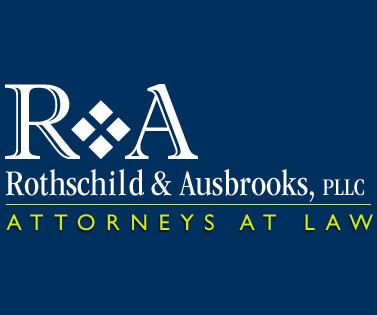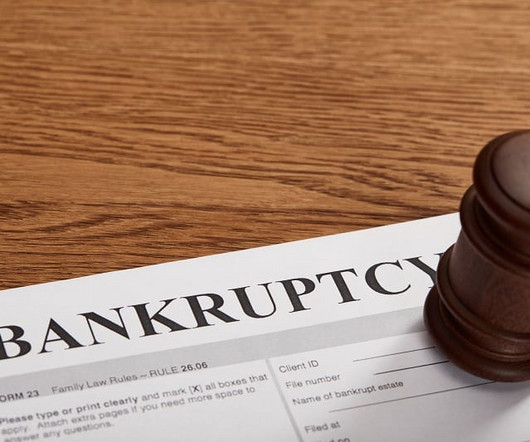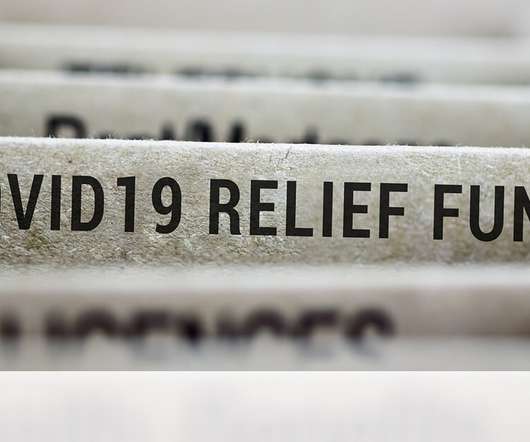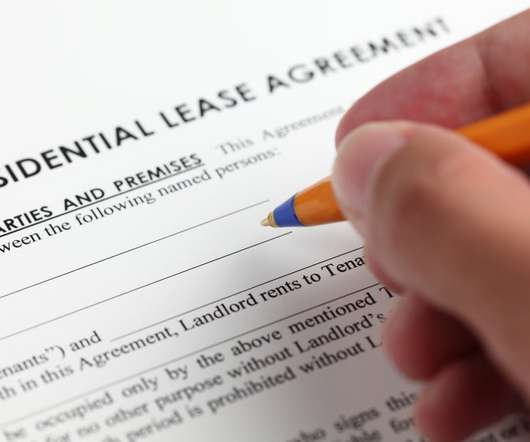Debtor Education Course After Filing for Bankruptcy
Sawin & Shea
JANUARY 11, 2024
Since 2005, a debtor education course from an approved provider is mandatory for anyone who files for bankruptcy. Debtor education classes provide customized guidance based on your unique circumstances. Since then, bankruptcy filers have been required to take both a bankruptcy credit counseling course and a debtor education course.




















Let's personalize your content